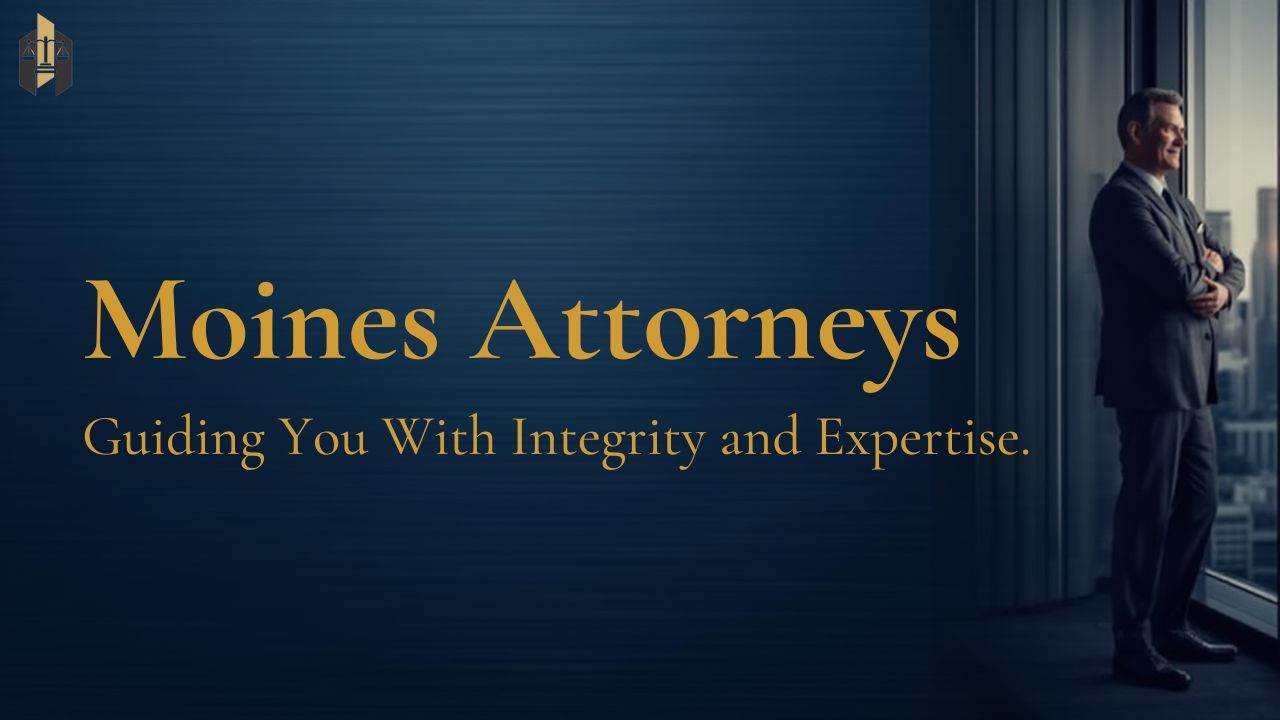Commercial law is a fundamental aspect of business that is often overlooked or misunderstood by entrepreneurs and small business owners.
However, having a thorough understanding of commercial law is crucial for the success and longevity of any business venture.
Unfortunately, the complex legal jargon and intricacies of commercial law can be daunting for those without a legal background.
That’s why we have created this comprehensive guide to simplify commercial law and provide entrepreneurs with the necessary knowledge to navigate the legal aspects of their businesses.
Whether you are a seasoned business owner or just starting out, this guide will cover all the essential elements of commercial law, from contracts and intellectual property to consumer protection and employment law.
With a professional and easy-to-understand tone, we will break down the key concepts and offer practical advice to help you make informed decisions and avoid legal pitfalls.
By the end of this guide, you will have a clear understanding of the legal framework that governs commercial activities and be equipped with the tools to protect your business and ensure its success.
What Is Commercial Law?
Commercial law deals with everything from banking and consumer credit to corporate law and international trade.
It’s made up of a bunch of different laws from the US and other countries. This includes:
- Banking
- Consumer credit
- Contracts
- Corporate Law
- Intellectual Property
- Mortgages
- Negotiable instruments
- Debtor and creditor
- Real estate transactions
- Landlord-tenant
- Sales
- Secured transactions
The Uniform Commercial Code is a big deal in the US. On the other hand, the GATT and WTO are the main sources of global trade.
Important Principles Of Commercial Law
Here’s a quick rundown of some of the most important legal topics and concepts related to commercial law.
(i) Banking and Finance Law: In banking and finance law, it’s all about making sure banks and other financial institutions do what they’re supposed to do, like lending money, borrowing money, and stopping fraud.
(ii) Business Law: Business law is responsible for regulating the formation, operation, and winding-up of businesses, including matters related to incorporation, shareholders’ rights, and corporate governance.
(iii) Commercial Contracts: Commercial contracts govern the formation, implementation, and execution of contracts between companies, including issues such as tendering and acceptance, remuneration, and the capacity to contract.
(iv) Competition Law: Competition law is all about making sure businesses are competing fairly.
It covers issues like antitrust, pricing, and monopolies.
(v) Consumer Protection: This part of the commercial law department helps protect you from companies that are trying to scam you out of your money by using deceptive tactics like misleading ads, bait and switch tactics, or hiding costs.
(vi) Insolvency: This area of business law is responsible for figuring out how to deal with a business or individual’s financial problems, like filing for bankruptcy, winding up, and reorganizing.
(vii) Intellectual Property: Patents, trademarks, copyrights, and copyrights are just a few of the ways that intellectual property law helps protect creative works and innovations.
(viii) Product Sales: This area of commercial law deals with the sale of goods between companies and customers, which can involve issues like who owns the item when it’s delivered, and if it’s covered by a warranty.
The Most Common Legal Problems In Commercial Law
There are a few different kinds of commercial legal issues that businesses and individuals can face.
Here are some of the different kinds of commercial law issues that can arise:
(i) Banking & Finance Conflicts: This type of commercial law issue arises when there’s a dispute or regulatory problem with a financial institution and services, like lending, borrowing, or financial fraud.
(ii) Competition Law Conflicts: This type of commercial legal issue arises when companies don’t agree on what constitutes fair competition, like antitrust, pricing, or monopolies.
(iii) Consumer Protection Conflicts: A consumer protection conflict happens when a company uses deceptive or fraudulent practices, like deceptive advertising or hidden costs.
(iv) Contract Conflicts: Contract disputes happen when one party doesn’t do what’s expected of them, like not delivering goods or services or not paying for them.
(v) Employment Law Conflicts: This business law issue comes up when employers and employees don’t agree on things like unfair dismissal, unfair discrimination, or unfair wage and hour practices.
(vi) Intellectual Property Conflicts: Conflicts arise when one party uses or takes advantage of another party’s intellectual property, like using a brand or using copyrighted material without permission.
(vii) Mergers And Acquisitions Conflicts: This type of commercial law issue comes up when a business acquires or joins forces with another business, and it covers topics like due diligence and finance, as well as compliance with regulations.
(viii) Product Liability Conflicts: This type of commercial legal issue happens when a product, like a car break-in or a drug, causes harm or injury to a consumer.
Resolving Commercial Law Disputes
If you’re in a contract breach dispute, there are a few different ways to handle it.
It all depends on what’s going on in the case. Here’s what the most common ways are.
(i) Arbitration: The parties may decide to take their dispute to arbitration.
This is a type of alternative dispute resolution where a neutral third party, like an arbitrator, hears the evidence and arguments of both sides and makes a final decision.
It’s a much less formal and expensive way to resolve a dispute than going to court.
(ii) Injunctions: In some cases, a court can give you an order, which is a court order that tells you to do something or not do something.
This is usually used to stop other people from breaking the contract.
(iii) Litigation: The parties may decide to take legal action against each other.
This means filing a lawsuit and the whole process, which can take a long time and cost a lot of money.
(iv) Mediation: The parties can try to work things out through direct dialogue or mediation.
This can be a quick and easy way to settle disputes since you don’t have to go through the legal process.
(v) Specific Performance: Instead of paying damages in certain cases, a court might order the person who broke the contract to do their job.
This is often done when the damages won’t be enough.
Commercial Real Estate Law
The law of commercial real estate regulates how real estate is held, used, and traded for commercial purposes.
It covers things like deals, leases, loans, land, zoning, building codes, environmental regulations, and taxes.
It protects the rights of buyers and sellers, landlords and tenants under commercial landlord-tenant law, and lenders, and it’s always changing, so it’s important to talk to a lawyer.
Commercial real estate law covers everything from contracts to financing and private equity investors.
Contracts set out the rules for buying, renting, and financing real estate.
They include the cost of an item or a monthly rent, details about the property, when it’s due to be sold, how long it’ll last, any guarantees and representations, and the terms of the lease.
Leases let landlords and tenants use commercial property for a certain amount of time, with terms like rent, payment, term and renewal, and maintenance and upkeep.
Financing can come in the form of a mortgage, a mezzanine loan, or a private equity investment.
All these things make sure the buyer and seller have the right to trade and haven’t made any big mistakes or omissions.
Discover More: Criminal Law Demystified: Your Comprehensive Guide
Frequently Asked Questions (FAQs)
Here are some commonly asked questions about Commercial Law:
Q1. What Is The Uniform Commercial Code (UCC) and How Does It Impact Commercial Law in The United States?
Answer: The UCC is a set of standardized laws that govern various commercial transactions in the U.S.
This code ensures consistency in areas like sales, secured transactions, and negotiable instruments.
Q2. How Can I Protect My Intellectual Property As a Business Owner?
Answer: To protect intellectual property, you can apply for patents, trademarks, or copyrights, depending on the type of IP.
Consult an attorney for guidance on the appropriate steps to take.
Q3. What Are The Key Considerations In Commercial Real Estate Transactions?
Answer: Commercial real estate transactions involve various factors, including contracts, financing, and leases.
It’s crucial to understand zoning laws, environmental regulations, and local building codes as well.
Q4. What should I do if I’m involved in a contract dispute with another business?
Answer: Contract disputes can be resolved through negotiation, mediation, arbitration, or litigation.
The approach you choose depends on the specifics of your case and the terms of the contract.
Q5. How Can I Ensure Compliance With Competition Laws In My Business Practices?
Answer: To ensure compliance with competition laws, it’s essential to avoid anti-competitive behavior, such as monopolistic practices, price-fixing, and unfair competition.
Seeking legal advice can help you stay within legal boundaries.
Q6. What Are Some Common Consumer Protection Issues In Commercial Law and How Can I Prevent Them In My Business?
Answer: Common consumer protection issues include deceptive advertising, hidden costs, and bait-and-switch tactics.
To prevent these, maintain transparent and honest business practices, and be aware of consumer protection laws that apply to your industry.
Q7. What Is The Role of Commercial Law In International Trade, and How Do Global Trade Agreements Like The WTO Affect Businesses?
Answer: Commercial law plays a crucial role in international trade by regulating cross-border transactions.
Global trade agreements like the WTO aim to promote fair trade practices and resolve trade disputes between countries, which can impact your business’s international operations.
Q8. What Are The Alternatives To Going To Court In Commercial Law Disputes?
Answer: Alternatives to litigation include arbitration, mediation, and negotiation.
These methods can often provide quicker and less expensive solutions to commercial disputes compared to going to court.
Q9. How Can I Stay Updated On Changes In Commercial Law That May Affect My Business?
Answer: Staying informed about changes in commercial law is vital.
You can subscribe to legal newsletters, attend seminars, or consult with a business attorney who specializes in commercial law to ensure you’re up to date with any legal developments.
Q10. What Are Some Best Practices For Managing Commercial Contracts To Avoid Disputes?
Answer: Managing commercial contracts effectively involves clear communication, thorough contract drafting, and regular reviews.
Keeping detailed records and ensuring all parties understand their obligations can help prevent contract disputes.
May You Like Also: Insurance Law Explained: Navigating Policies And Claims
Final Thoughts
Understanding commercial law is crucial for any business owner, regardless of their industry or experience.
This comprehensive guide has given you the knowledge and practical advice to confidently navigate the legal aspects of your business.
With a thorough understanding of contracts, intellectual property, consumer protection, and employment law, you can protect your business and set it up for success.
So don’t overlook the importance of commercial law – use this guide as a valuable resource to help your business thrive.
You May Like Also:





Leave a Reply